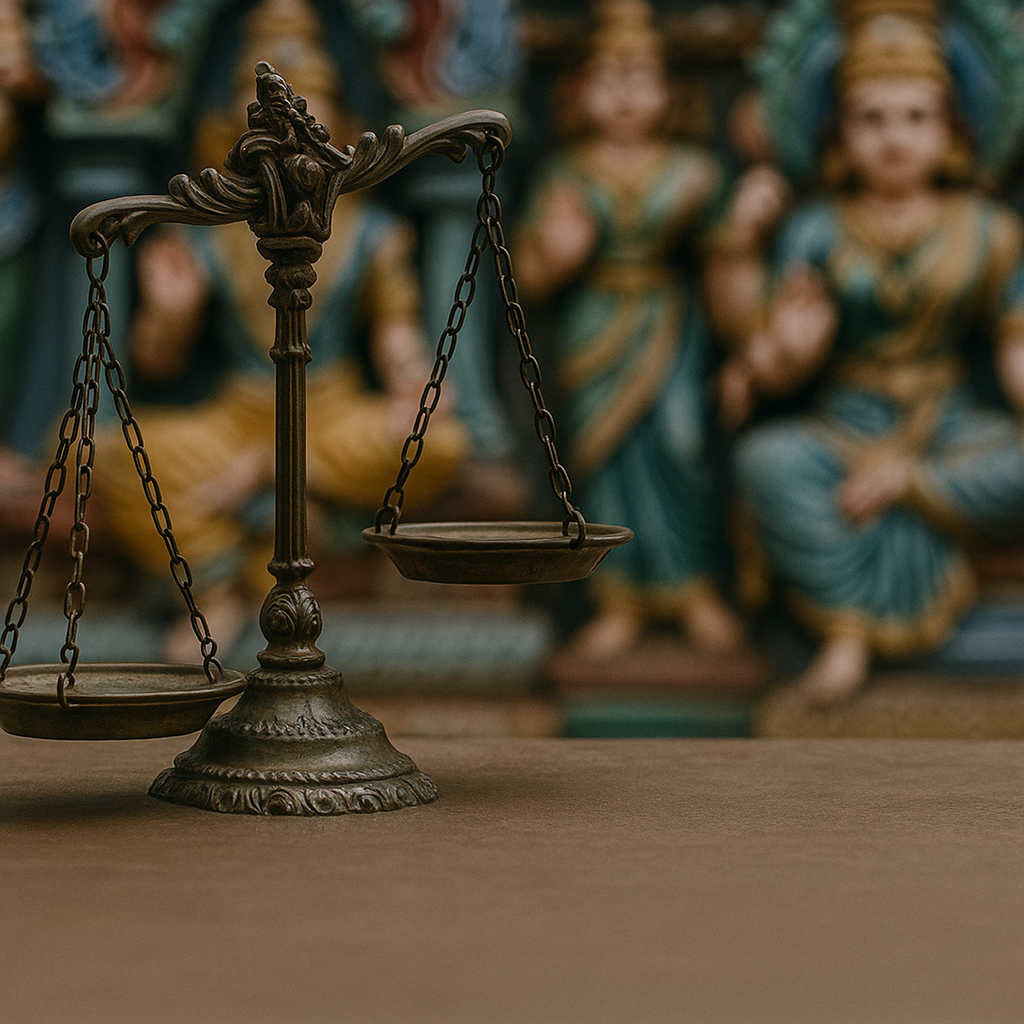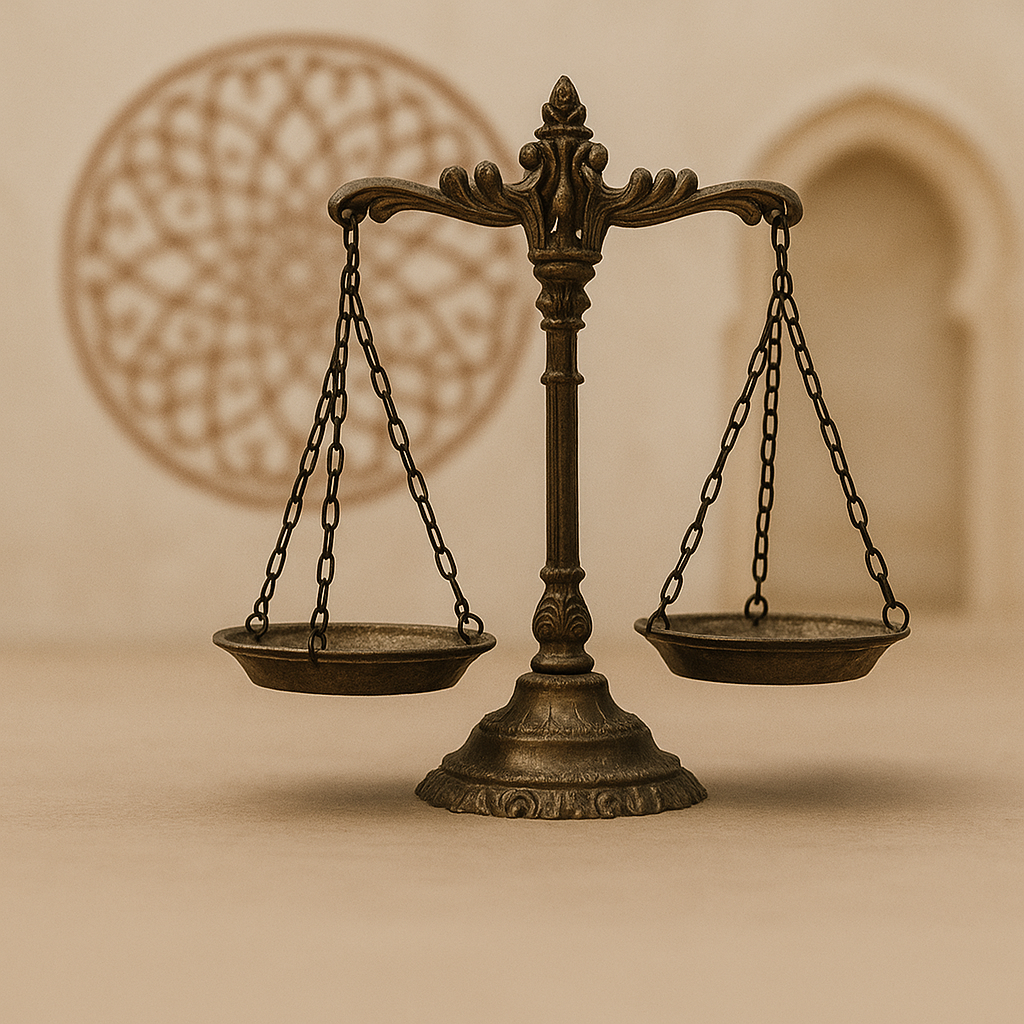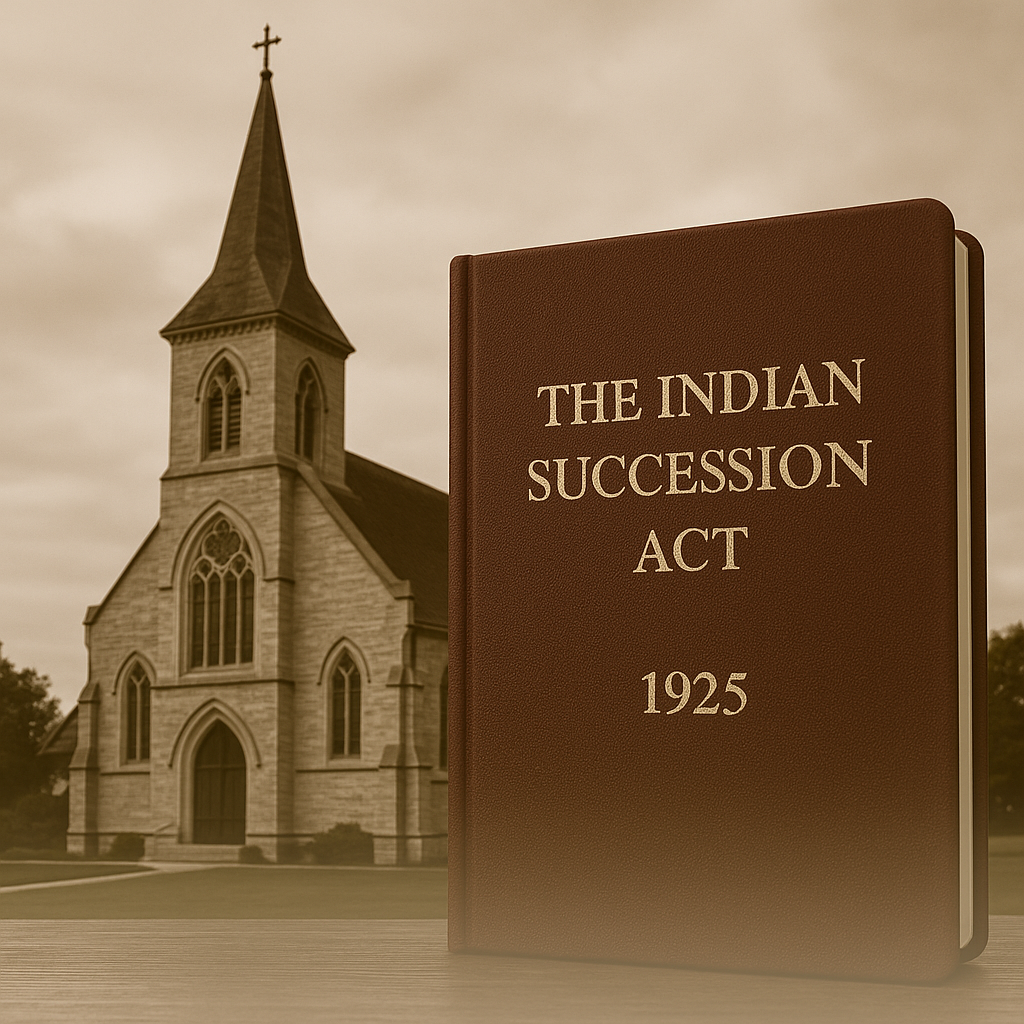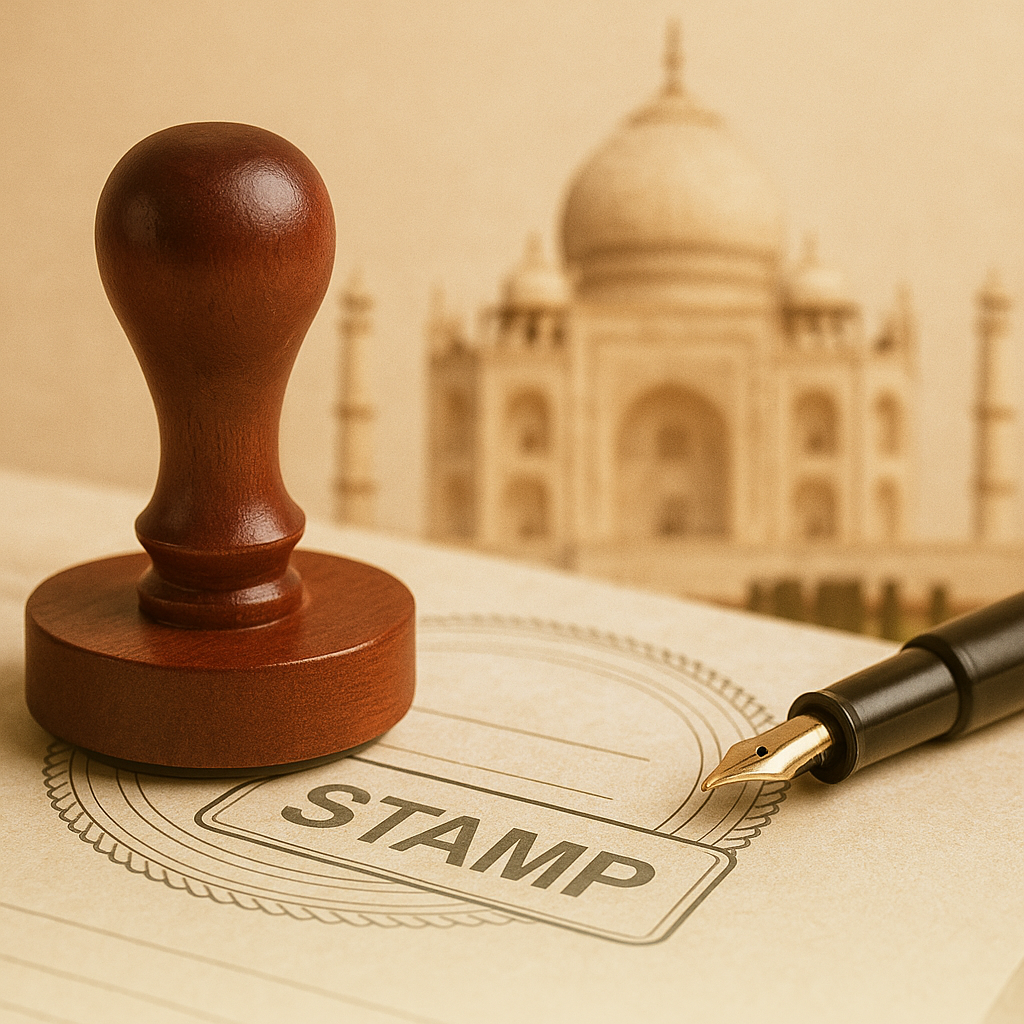Understanding Wills: Key Takeaways and Essentials
Key Takeaways:
- A will is a declaration of how a person's property will be distributed after their death.
- The Indian Succession Act, 1925 governs wills for Hindus, Buddhists, Jains, and Sikhs, while Muslim wills are governed by Mohammedan Law.
- A will is enforceable and executed after the death of the person and is not covered under the Transfer of Property Act.
- Registration of a will is not compulsory under the Registration Act, 1908.
What is a Will?
A will is a document that outlines how a person's property will be distributed after their death. It ensures that the property is distributed to the right people in the right way.
Essentials of a Valid Will:
1. The testator must make the will without coercion or undue influence.
2. The property being disposed of must be under the testator's ownership.
3. The details of the beneficiary must be clearly stated.
4. There must be two attesting witnesses while signing the will.
Registration of a Will:
- Registration of a will is not mandatory under the Registration Act, 1908.
- However, registering a will can provide more evidentiary value.
- The Supreme Court has held that non-registration of a will cannot be held as a reason for its invalidity.
Case Laws:
- Ishwardeo Narain Singh vs Sm. Kamta Devi and Ors. (AIR 1954 SC 280): Non-registration of a will cannot be held as a reason for its invalidity.
- Rajkishore Panda vs Banitra Madhya Engineering Vidhyapith (AIR 1987 Ori 55): Registration of a will is optional.
- Ryali Kameswara Rao vs Bendapudi Suryaprakasarao and Ors. (AIR 1962 AP 178): No adverse presumption can be drawn if a will is not registered, but non-registration can be a material circumstance against its truth.
Conclusion:
A will is a legal document that enables the transfer or disposition of property from one person to another after death. While registration of a will is not compulsory, it is advisable to register it to provide more legal and evidentiary value.

















